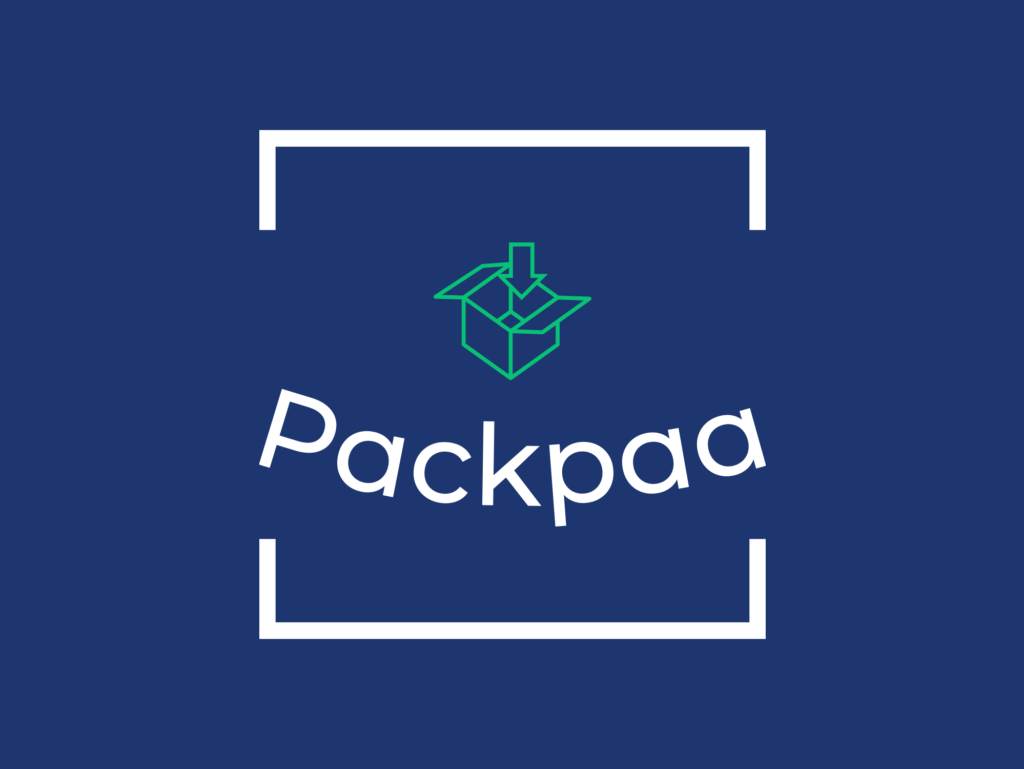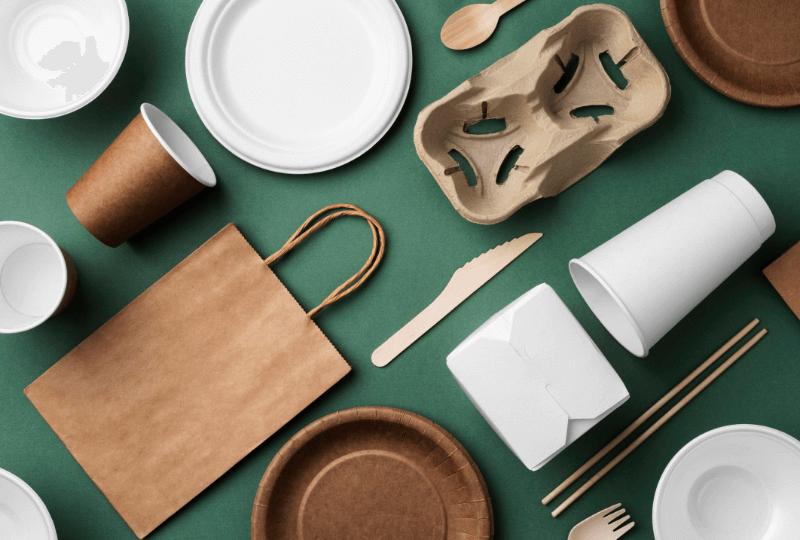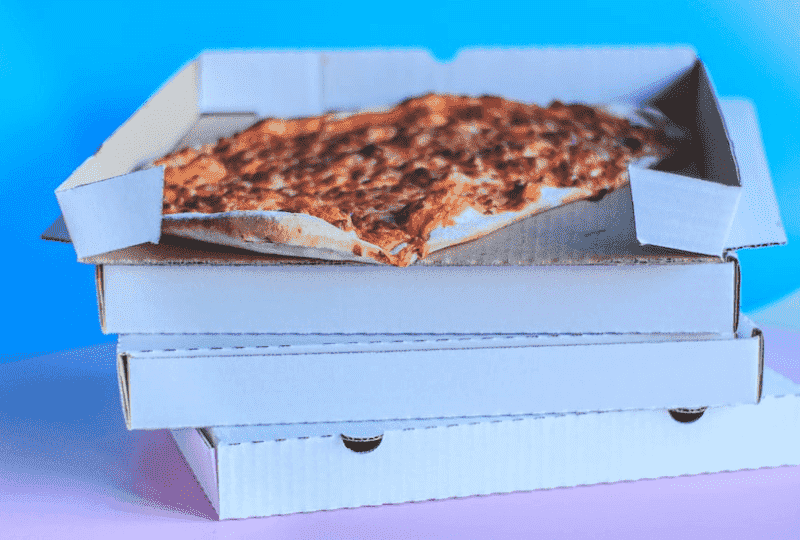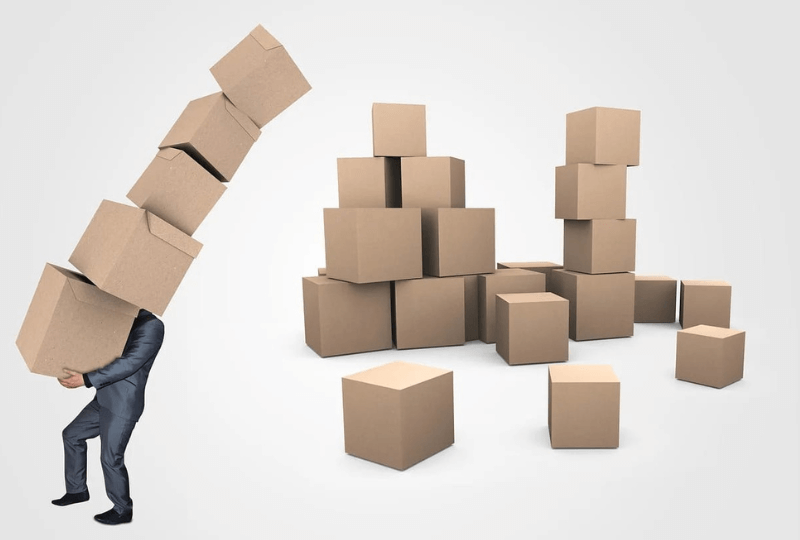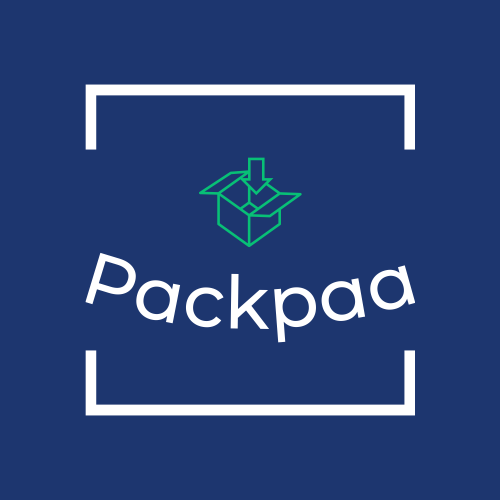As awareness about the environmental impact of plastic continues to grow, more and more industries, especially the food sector, are exploring alternative packaging solutions. Plastic packaging has long been the go-to material for keeping food fresh, secure, and transportable. However, the environmental consequences of plastic waste,ranging from pollution in oceans to harm to wildlife,have prompted an urgent need for change. Fortunately, there are various sustainable food packaging alternatives that are both environmentally friendly and effective in preserving the quality of food.
Top 8 Sustainable Plastic Packaging Solutions:
1.Paper and Cardboard Packaging
Paper and cardboard have been used for packaging for centuries, and they are a widely accepted sustainable food packaging solution. These materials are biodegradable and can be recycled efficiently. For food packaging, paper-based options such as kraft paper and paperboard are commonly used. They are particularly ideal for dry foods, bakery items, and fast food packaging. For additional durability and moisture resistance, biodegradable coatings can be applied.
2.Edible Packaging
Edible packaging is a truly innovative alternative to plastic that has gained attention in recent years. Made from ingredients like seaweed, rice, or even milk proteins, edible packaging dissolves in your mouth or decomposes naturally. This type of sustainable food packaging works particularly well for items like snacks, fruits, and single-serving food products.
3.Glass Containers
Glass has been a staple for food storage for decades, and it’s a fantastic sustainable food packaging option. It is non-toxic, reusable, and fully recyclable. Glass containers are commonly used for beverages, sauces, jams, and canned goods. Though heavier than plastic, glass offers superior protection against contamination and extends the shelf life of food.
4.Biodegradable Plastics (PLA)
Polylactic Acid (PLA) is a plant-based plastic alternative made from renewable resources like corn starch or sugarcane. PLA plastics are biodegradable and compostable, making them a much better option than traditional petroleum-based plastics. While they are often used for items like food containers, cutlery, and packaging films, it’s important to note that they require industrial composting facilities for proper decomposition, making them a sustainable food packaging choice for eco-conscious brands.
5.Mushroom Packaging
Mushroom-based packaging is one of the most innovative sustainable food packaging solutions. This packaging is made from mycelium, the root structure of fungi, which is grown into specific shapes to form a moldable packaging material. It’s biodegradable, lightweight, and can be used for cushioning and packing food products.
6.Beeswax Wraps
Beeswax wraps are a natural, reusable alternative to plastic wraps commonly used for wrapping sandwiches, fruits, and vegetables. Made from organic cotton infused with beeswax, tree resin, and jojoba oil, beeswax wraps are durable and can be washed and reused multiple times. As a sustainable food packaging alternative, beeswax wraps are ideal for dry foods and produce.
7.Plant-Based Films
Plant-based films made from materials like cellulose, starch, and chitosan are gaining popularity in the food packaging industry. These films are biodegradable, compostable, and often derived from waste byproducts, such as those from agriculture. As a sustainable food packaging material, these films can be used for packaging items such as fruits, vegetables, and baked goods.
8.Metal Containers
Metal containers, especially those made from aluminum, are another popular sustainable food packaging option. Aluminum is lightweight, durable, and recyclable. Many food products, such as beverages and ready-to-eat meals, are packaged in metal containers. They are excellent at keeping food fresh, and their recyclability makes them a more sustainable option than single-use plastic.
Conclusion:
The food packaging industry is at a pivotal point, and the shift away from plastic toward more sustainable food packaging solutions is essential for reducing environmental impact. From biodegradable plastics to edible wraps, there are a variety of options available to food producers and consumers alike. The adoption of eco-friendly packaging solutions will not only help protect the environment but also ensure a healthier, cleaner future for generations to come. As consumers continue to demand more sustainable options, the industry will undoubtedly innovate and evolve, leading to even more exciting alternatives to plastic packaging in the near future.

Meet Mary K, the talented author behind PackPaa. With a passion for innovative packaging solutions, Mary shares insights and expertise to elevate your business.

